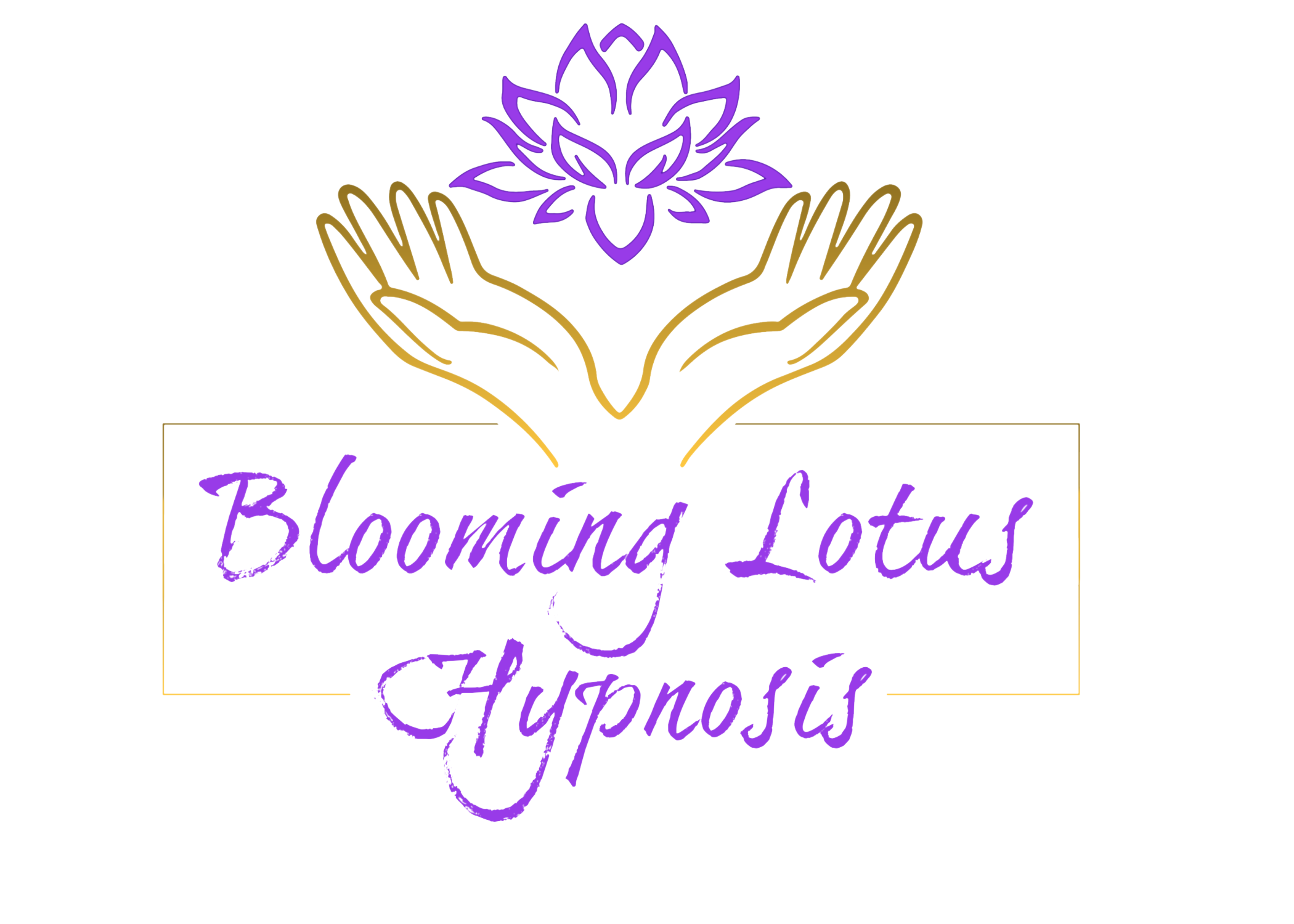Top 10 Benefits of Hypnosis
Since COVID sent us all into our homes for several years and forced us to confront our thoughts and feelings, the need for mental health treatments has skyrocketed. While it’s not a new concept, hypnosis has returned to the spotlight as an effective alternative to modern, western medicine to help treat mental health issues as well as some physical health issues.
Here are ten things hypnosis commonly helps people with:
Anxiety
o Hypnosis helps manage anxiety and its symptoms by teaching and encouraging the body to implement natural relaxation techniques, such as slow & deep breathing, to lower blood pressure, relax muscles, and allow our heart rate to fall.
Insomnia
o Hypnosis can help train your brain to respond to verbal cues by settling into a trance-like state, which then allows the mind & body to fall asleep faster and stay asleep longer. This can actually improve the amount of deep sleep you get by as much as 80%!
Pain
o More than 1 in 5 Americans deal with chronic pain, and even more of us deal with acute pain as a result of injury, surgery, or illness. Hypnosis can help you to gain more self-control over your pain by redirecting your body’s focus away from the pain, helping to relax cramped and strained muscles, and helping you manage the fear and anxiety that comes from pain.
Habit alterations
o Hypnosis has also been proven to be very effective with habit alteration, probably most notably with helping people quit smoking. Habit alteration can be achieved through hypnosis by first training your brain and body to replace the bad habit with a good one, like chewing gum instead of your nails. Then you can also train your mind to associate the habit you want to change with something undesirable, like a bad taste in your mouth from cigarettes.
Phobias
o The way hypnosis helps treat phobias is a little different from how it helps with some of the previous issues. Rather than relaxing our muscles or retraining our brain or body, hypnosis allows us to get to the root of the phobia deep in our inner mind. This access allows our conscious mind to communicate with our subconscious mind, so we’re able to teach ourselves not to have such a dramatic response to our triggers. Because phobias and hypnosis both involve the deeper levels of the mind, hypnosis is historically very effective at helping people overcome their phobias.
Migraines
o Similarly to how hypnosis helps with other kinds of pain, it can help people cope with and alleviate pain and other symptoms from migraines and tension headaches. Hypnosis could help identify triggers for headaches and migraines, preventing them altogether. It also helps provide relief from the stress surrounding that kind of pain.
Panic attacks
o Panic attacks are caused by triggers, and hypnosis can help you to identify those triggers and reprogram your response to them. It can also help you to lower your overall stress level and better manage stress responses in your daily life. Self-hypnosis is also known to be a very helpful tool to help lessen the effects of active panic attacks.
PTSD
o Much like the way hypnosis can help treat phobias, it can also provide controlled access to the memories our conscious mind may have suppressed in an effort to protect us. These memories and triggers don’t go away, though, and often result in PTSD symptoms. Hypnosis can help to reprogram our response to those triggers, allow our conscious mind to process them in a healthy way, and help provide more control over our responses to the triggers and memories.
Weight management
o Hypnosis is most effective at helping with weight management when used together with a healthy diet and exercise routine. When we are hypnotized, we are highly focused on cues and suggestions being given to us. This makes it easier to encourage healthy behavior changes like making healthy food choices.
Gastrointestinal disorders
o Hypnosis has been consistently proven to help alleviate symptoms of IBS like constipation, diarrhea, and bloating. It works by leading the mind and body through progressive relaxation and providing soothing imagery to help combat the symptoms. This can also help with secondary symptoms like nausea, fatigue, backaches, and urinary problems.
If you’re one of the 1 in 5 Americans dealing with any of the conditions above and you’re curious about how hypnosis might help you, give us a call or contact us through our website. We’d love to help you feel your best so you can live your best!
